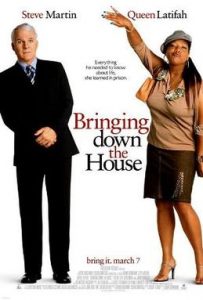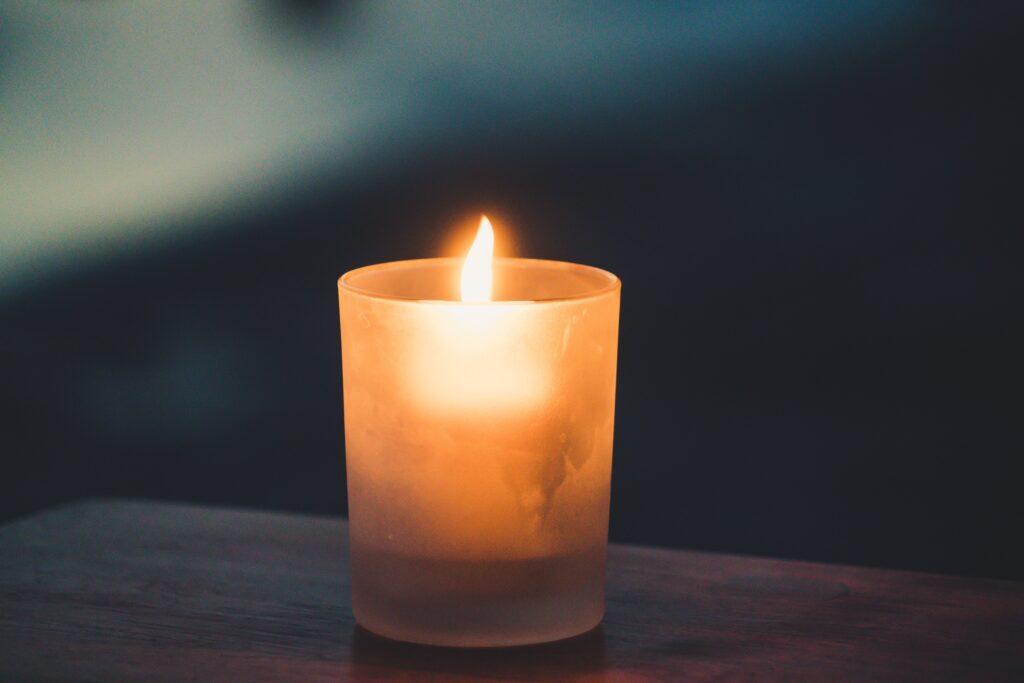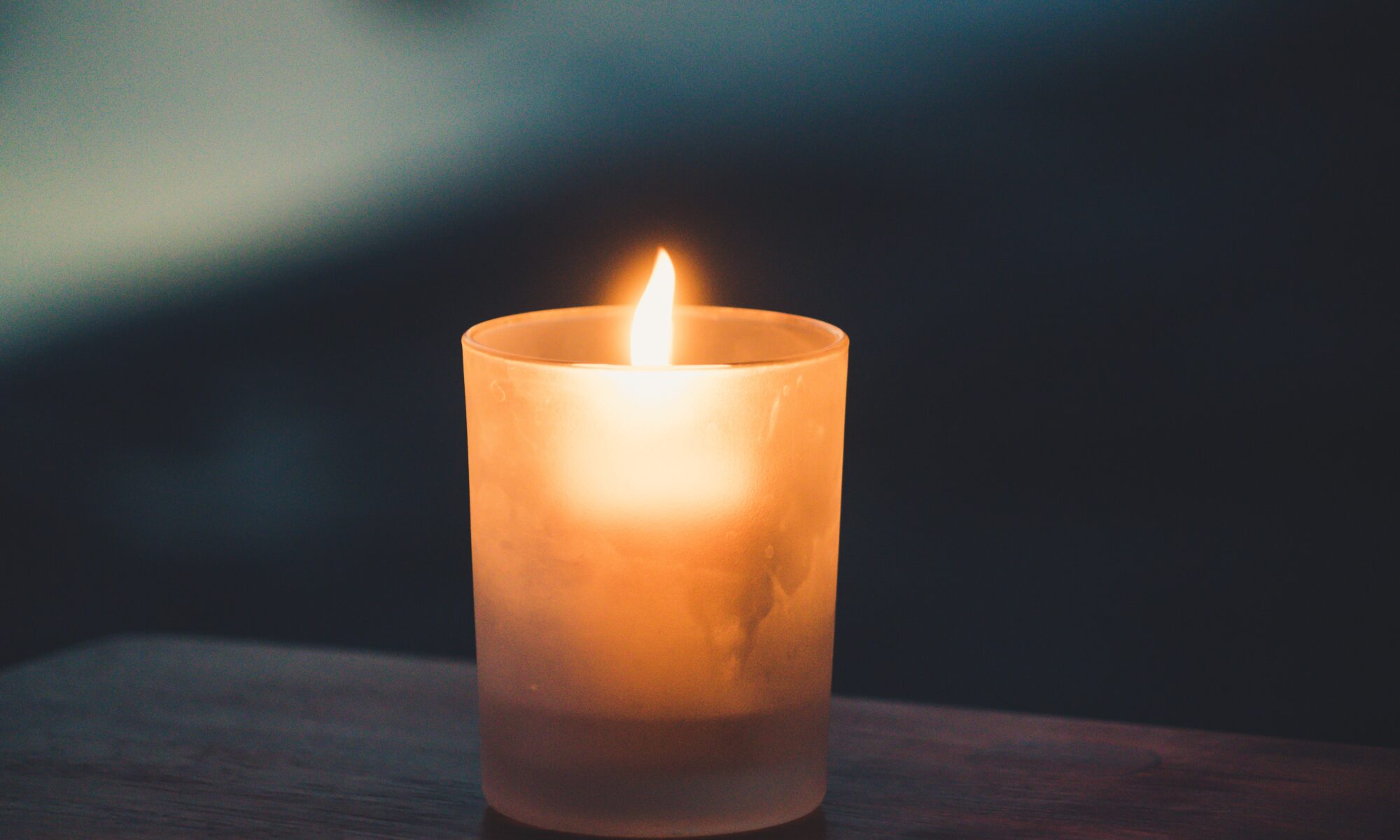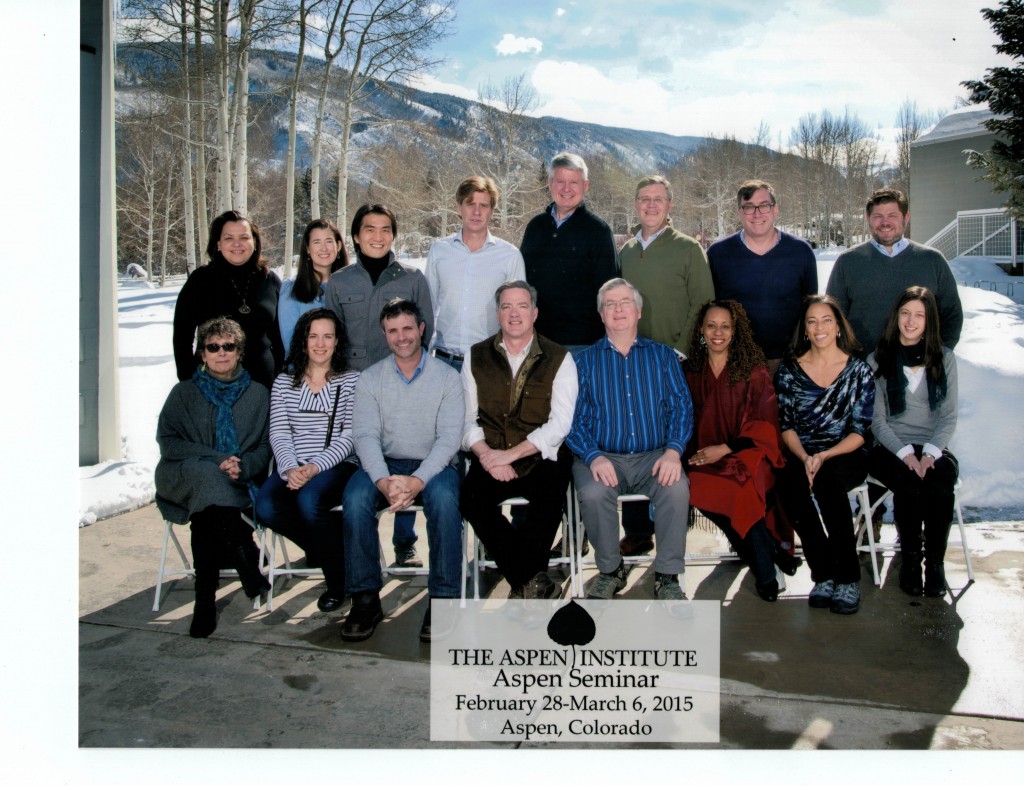My dad was easygoing. He was one of those people who always said, “Don’t give me gifts! Just be a good girl!” or “Just be happy.” And he actually meant that. Stuff was cool, but peace was better.
My mom on the other hand? She wanted STUFF. Flowers, jewelry, gadgets, whatever. Just make sure you got her STUFF. Preferably, wrapped goodies she could shake and pinch and guess about, then unwrap, ooh and ahh about. Me being the (sometimes) good daughter, I’d shop, and wrap and give her stuff for Mother’s Day. We’d also go have brunch somewhere that required reservations and stockings. Such was our tradition leading up to 2003.
 But that year, I wasn’t feeling it. I called her up and suggested a movie instead, fully prepared for her to laugh me off the phone and ask what time I was picking her up for brunch. Instead she readily agreed.
But that year, I wasn’t feeling it. I called her up and suggested a movie instead, fully prepared for her to laugh me off the phone and ask what time I was picking her up for brunch. Instead she readily agreed.
We ended up seeing Bringing Down the House, the silly movie with Queen Latifah and Steve Martin. She laughed so hard during that movie, I remember being glad no one could see us in the darkened theater. She laughed from beginning to end, and all I could do was snicker and shake my head.
Afterward we had a late lunch at Applebees. We ate well and then ordered a dessert we’d normally never get. Some kind of cinnamon crisp, apple something or other that was surprisingly delicious. More laughter, although I can’t recall what on earth we talked about. She was glad we broke “tradition” and didn’t seem to mind that she didn’t get stuff, but laughter and smiles instead.
Two short weeks later, Memorial Day weekend, she was dead. A brain hemorrhage, a result of the clot buster doctors gave her to stop her heart attack, was the culprit.
Shock and devastation inadequately express my emotions at that time, but I remember being so glad we shared that time and laughter, rather than stuff. I was especially glad because my mother and I did not always get along. Especially during my teenage years. There were many ugly moments that I’m sometimes embarrassed or sad to admit we had. I remember being grateful we had the time to work through our shit (because that’s what it was) before she died.
When she first died I tried to whitewash those bad memories – pretend they weren’t as bad as they were. I cursed her. I yelled at her. At times I hated her. But I realized it was wrong to try to wipe that away. It happened. It was us. And we made it through to the other side.
They really made me appreciate our laughter so much more – those ugly years. It’s the totality of our experience together that makes me a better person. A better daughter. And hopefully, when I am so blessed, a better mother.
Thank you mama. I love you. Always and forever.






 Sherri Graslie reports one way to clear the mental clutter is by putting down your smartphone. But what happens when the smartphone is out of your hands? That’s when the deliberateness I mentioned above comes into play. Will you spend the time on another device, or will you engage with the world differently?
Sherri Graslie reports one way to clear the mental clutter is by putting down your smartphone. But what happens when the smartphone is out of your hands? That’s when the deliberateness I mentioned above comes into play. Will you spend the time on another device, or will you engage with the world differently? A good book enriches me. It nourishes me in some way. A good books speaks to me, even if it’s a psychological thriller with a love story at its center.
A good book enriches me. It nourishes me in some way. A good books speaks to me, even if it’s a psychological thriller with a love story at its center.